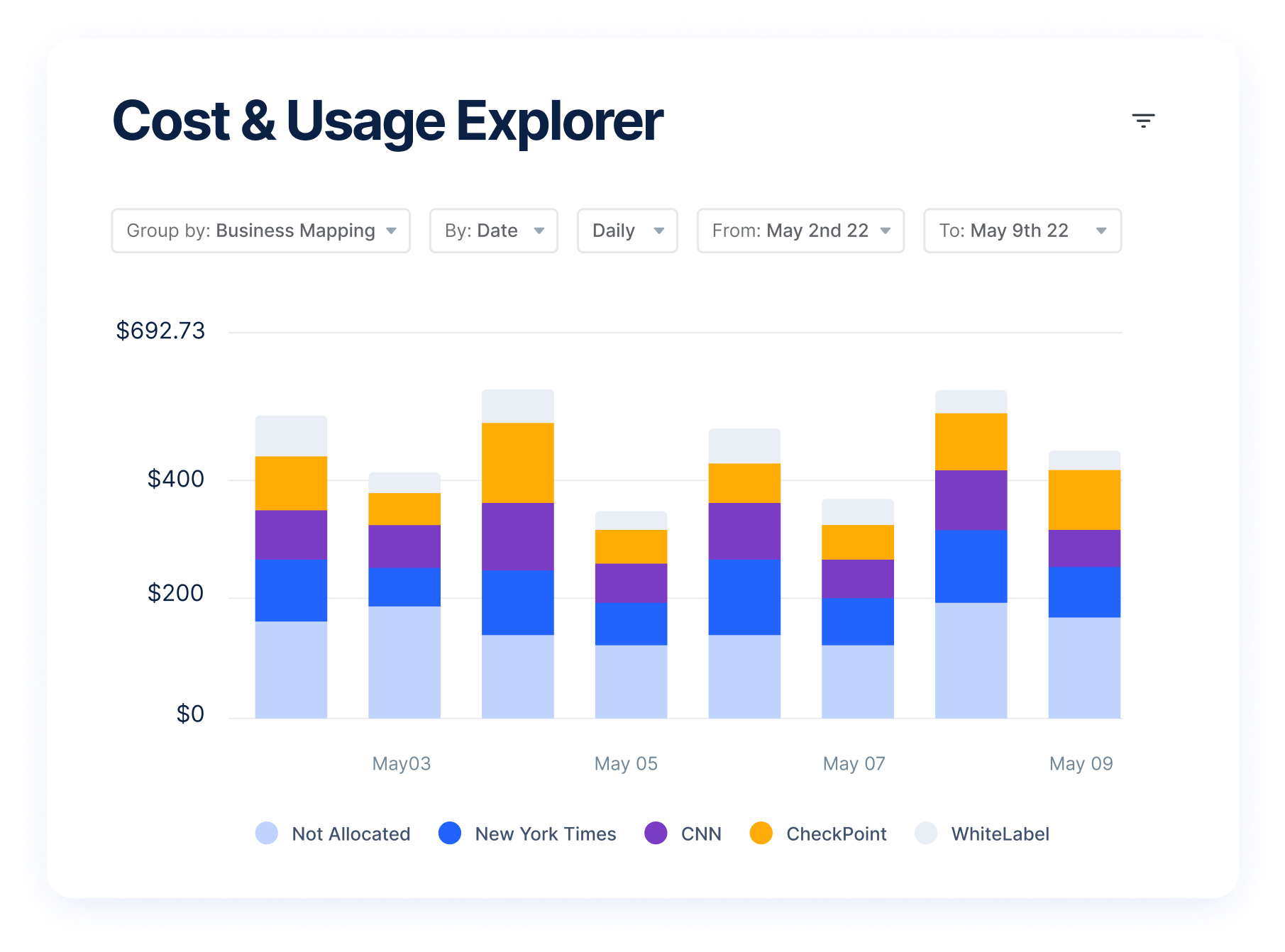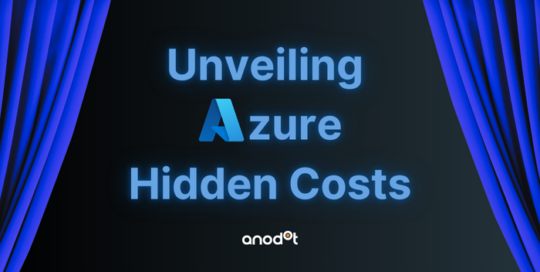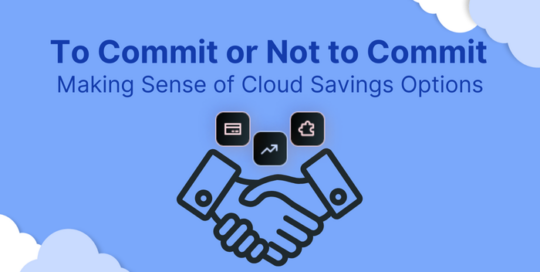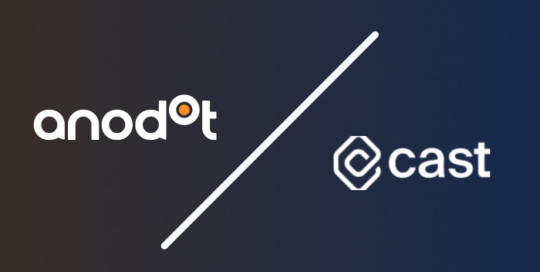Cloud services are the number one source of unexpected overspending for companies today. As a result, cloud financial management is a major focus for most organizations. But how do you track the success of cloud efficiency?
Full allocation of multicloud costs is a critical component for understanding your actual cloud services usage, establishing cloud cost management ownership, and creating accurate budgets and forecasts at the line of business, project, application and even team levels.
According to the FinOps Community of Practitioners, at least 80% of cloud spend needs to be allocated for a FinOps practice operating at a Crawl maturity level, and 90% for a FinOps practice operating at a Run maturity level.
The State of FinOps 2022 report revealed that, on average, only 75% of cloud spending is allocatable, with only 14% of organizations currently achieving 90% cost allocation.
Cost allocation challenges
- Shared costs — Identifying and equitably allocating these costs becomes more challenging as businesses and cloud usage grow, and accurately splitting shared costs impacts ownership strategies like showback and chargeback, as well as budgeting, and forecasting.
- Tag compliance — To achieve comprehensive cost allocation, it is necessary to enforce tagging and to have retroactive spend tagging capabilities in place. Overall Tagging Compliance must be at least 90%. The ability to map tagged data to financial reporting is a challenge for many organizations.
- Unallocated spend — Organizations must be able to surface the percentage of cost that cannot be categorized and allocated directly. These costs must be investigated at a granular level to determine if they can either be budgeted directly as a shared cost or can be divided by agreed-upon factors.
Methods of spend accountability
Once costs are categorized and allocated, cloud spend reporting and accountability is generally handled through one of two methodologies:
- Showback — Showback provides full cost transparency and helps drive accountability by providing visibility into spending but keeps the expenses in a centralized budget.
- Chargeback — Chargeback takes it one step further by sending expenses to a product or department P&L.
The ability to allocate spend is what determines FinOps maturity, not whether a company uses a showback or chargeback strategy. According to the FinOps Foundation’s State of FinOps 2022 report, 64% of organizations report costs through showback, while 48% report costs through chargeback.
Anodot is the only FinOps platform built to measure and drive success in FinOps, giving you complete visibility into your KPIs and baselines, recommendations to help you control waste and spend, and reporting to make sure you improve your cloud efficiency.
Assessing your cloud cost allocation strategy
Assessing your allocation strategy is a key step in a successful FinOps journey. Consider the following questions as a starting point:
- What percentage of your costs do you allocate today?
- How do you allocate the cost of shared services?
- Can you map your cloud costs to business units, cost centers, applications, and projects?
- Is your cloud spending aligned with your business needs?
Cloud cost allocation with Anodot
Anodot helps businesses understand cloud unit economics by aligning cloud costs to key business dimensions. This allows users to track and report on unit costs and get a clear picture of how infrastructures and economies are changing.

Anodot’s cost allocation feature helps organizations accurately map multicloud and Kubernetes spending data, assign shared costs equitably, and drive FinOps collaboration throughout your organization.
With Anodot, FinOps teams can easily classify and divide all of their cloud costs by business structures like apps, teams, and lines of business. Inform and empower business decisions at all levels from Anodot’s cloud cost management solution.
Start optimizing your cloud costs today!
Connect with one of our cloud cost management specialists to learn how Anodot can help your organization control costs, optimize resources and reduce cloud waste.




